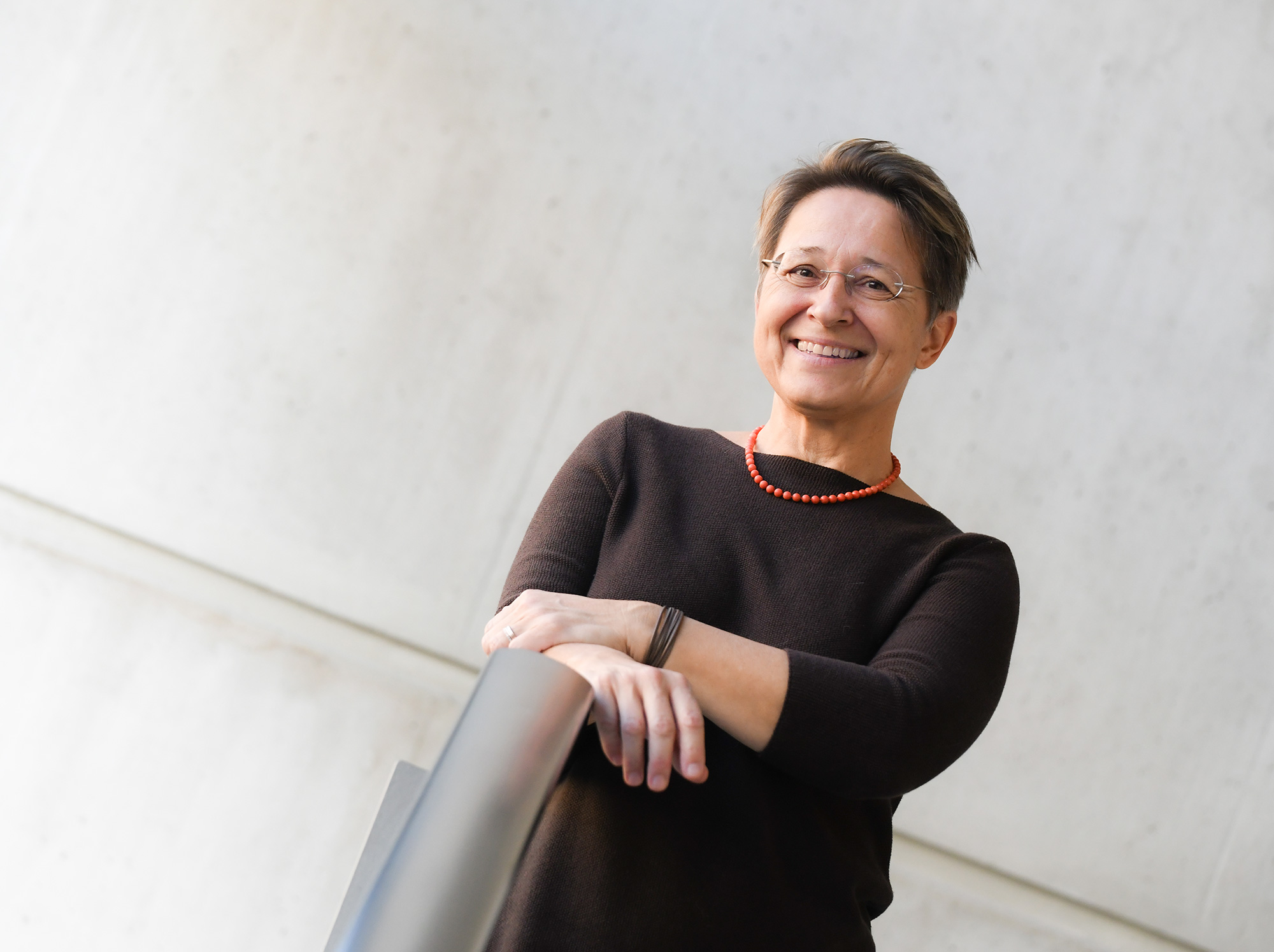At the beginning of 2025, only 41 per cent of Austrians surveyed in a Eurobarometer poll said they had an overall positive view of the EU. 38 per cent rated the Union neither positively nor negatively, while 21 per cent viewed it negatively. More than 31 years ago, on 12 June 1994, two-thirds of participants in a referendum in Austria voted in favour of EU accession. Why has the view of the European Union changed so much?
Anita Ziegerhofer: Before Austria joined the EU on 1 January 1995, the then governing coalition of the SPÖ and ÖVP created a joint “euphoric” narrative: together into the European Union. The mood in the country was very positive, and although not everyone welcomed accession, the majority did. Soon afterwards, this euphoria gave way to everyday politics. Economically, Austria has definitely benefited greatly, but from a socio-political perspective, we have not learned – or have failed – to think European.
What do you mean by that?
Ziegerhofer: Who is the European Union? It is the 27 member states that make up the EU and whose governments should pursue a common European policy. But politicians still see themselves as representatives of their own countries. They may appear European in Brussels, but when they return to their countries, they are first and foremost “national politicians” again. It would be desirable not only to think about one's own country and how to get the most out of the EU. All member states should pull together, and politicians should lead by example. So far, this has only happened, if at all, in the context of crises.
Why don't we think European?
Ziegerhofer: Many people feel threatened by the manifold crises: many take refuge in conspiracy theories, which are mainly spread via social media – this is a lever that really divides society. When there are grievances, people look for someone to blame. And that someone is “those people in Brussels”, who are far away and supposedly have no idea about the situation in the country. Right-wing populism promotes this image. It is a major threat to the European Union. Many Austrians are very critical of the EU, but I don't believe that an “Öxit” would gain a majority.
How could unjustified perceptions of the EU be corrected?
Ziegerhofer: We need a positive-critical narrative about the European Union. People in Austria have benefited from EU accession in many ways. For example, through the opportunity to work in many professions anywhere in Europe. Travelling within the EU has also become easier and the variety of goods in supermarkets is significantly greater. Austria, especially Styria, has been able to position itself much more strongly internationally through funding for research and innovation within the framework of European projects. New opportunities for cross-border exchange and cooperation have opened up at universities, for example through the Erasmus education programme and EU research funding. The introduction of the ECTS credit system for studies and a uniform bachelor's-master's-doctorate system has created a common European higher education area.
Why is there no positive narrative about the EU despite all this?
Ziegerhofer: I think young people don't think much about the European Union. They have grown up with its advantages. And older people tend to think that everything was better in the past. The media prefer to report on negative issues such as the “cucumber regulation” or the “ban on light bulbs” rather than the successes of the EU. They could – as could educational work in schools, universities and adult education – do a lot to correct the image of the Union. It is important to me that we talk openly about the EU, its strengths and weaknesses. Let's seek dialogue with its critics, listen to them and also talk about what would happen if we weren't in the EU!
What does the European Union need in order to have a future?
Ziegerhofer: I am convinced that the EU has a future, but it will have to adapt to geopolitical changes. Looking back at history, the idea of Europe has always been popular when there has been a threat from outside. This was also a driving force behind the European integration process from 1950 onwards. The EU must be much more self-confident in its dealings with the US and China. But it is also clear that it can only be as strong as its members allow it to be. I hope that the EU will emerge stronger from all these crises and become an equal player in the newly forming world order.
Rechtshistorischer Dialog “30 Jahre EU-Mitgliedschaft Österreichs”
6 October 2025, 6:00–8:00 p.m.
University of Graz, RESOWI, Universitätsstraße 15, Building A, 2nd floor, SZ 15.21
